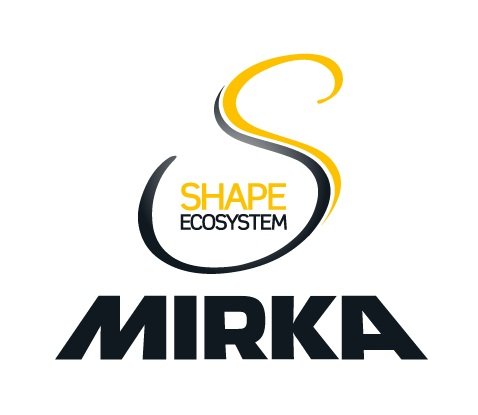STAR: Modeling Circular Plastic Flows in Finland
The STAR (Sustainability Transition Through Promoting Recycling) project in the SHAPE Ecosystem aims to increase the understanding and management of plastic flows in Finland.
This project is dedicated to creating a comprehensive and unique plastic flow model, which not only tracks the quantitative aspects of plastic waste but also incorporates qualitative dimensions to enhance the understanding of the circular economy for plastics.
Plastic manufacturing is largely based on refining crude oil, making it a resource-intensive process. When plastic waste is burned instead of recycled, it not only deepens the dependence on fossil fuels but also drives up the demand for natural resources. Additionally, as plastic waste slowly breaks down, it releases microplastics that can cause significant harm to ecosystems. These environmental impacts highlight the urgent need for more sustainable alternatives to the current use of plastics.
In a sustainable, circular economy, plastic waste is recovered as a valuable material. This means that effective recyclability and material recovery of plastics—or products containing plastic—become the norm, both in Finland and globally. Achieving this transformation requires more than just technological advancements - it calls for the creation of new value networks, innovative logistical solutions, and substantial investments in the collection of plastic waste and the production of recycled plastic raw materials.
The STAR project addresses these needs by creating a unique plastic flow model for Finland, which incorporates both quantitative data and qualitative insights. For businesses to capitalize on opportunities in the circular economy of plastics, a comprehensive and accurate understanding of plastic streams and their compatibility with various recycling technologies in Finland is essential. By gaining this insight, businesses can uncover new opportunities and make informed investments, paving the way for a more sustainable future for plastics.
Key targets of the STAR project include transforming Finland's approach to plastics by developing a detailed understanding of their entire lifecycle within the country's circular economy. This includes analysing every stage—from the production of plastic raw materials to the manufacturing, use, and eventual recycling of plastic products.
By combining data on plastic waste flows with insights into recyclability, the project seeks to identify and optimize underutilized plastic waste streams, separating them from less relevant ones. This comprehensive approach will cover the entire Finnish economy and be regularly updated to track progress. Additionally, the project is designed to support Finnish businesses in transitioning to a circular economy for plastics and to guide investment decisions. Its methodology is also to be adaptable for use in other countries, enabling replication of these more sustainable practices.
Project consortium includes Finnish Environment Institute (SYKE), Tampere University, Borealis Polymers Oy, FF-Future Oy, Forecon Oy, Mirka Oyj, Neste Oyj, Prysmian Group Finland Oyj, Sauplast Oy, Sulapac Oy, Syklo Oy and WasteWise Group Oy.
There is also international cooperation with the Vienna University of Technology (TU Wien) and the Free University of Amsterdam (VU Amsterdam).

